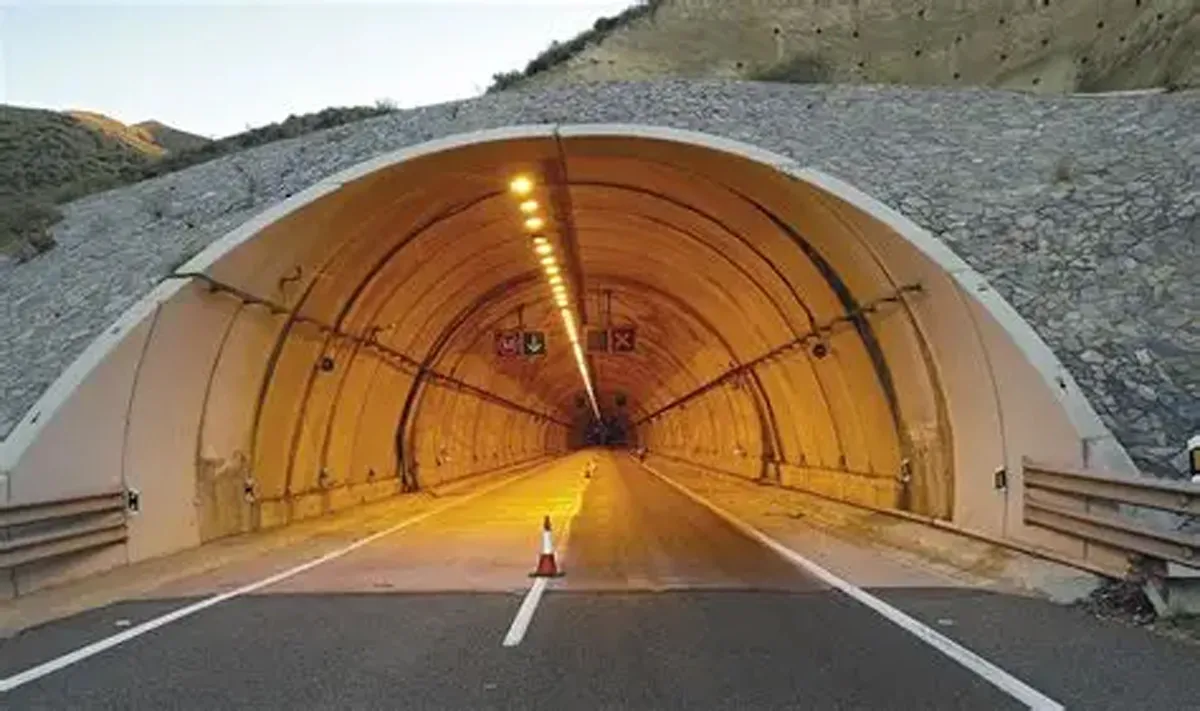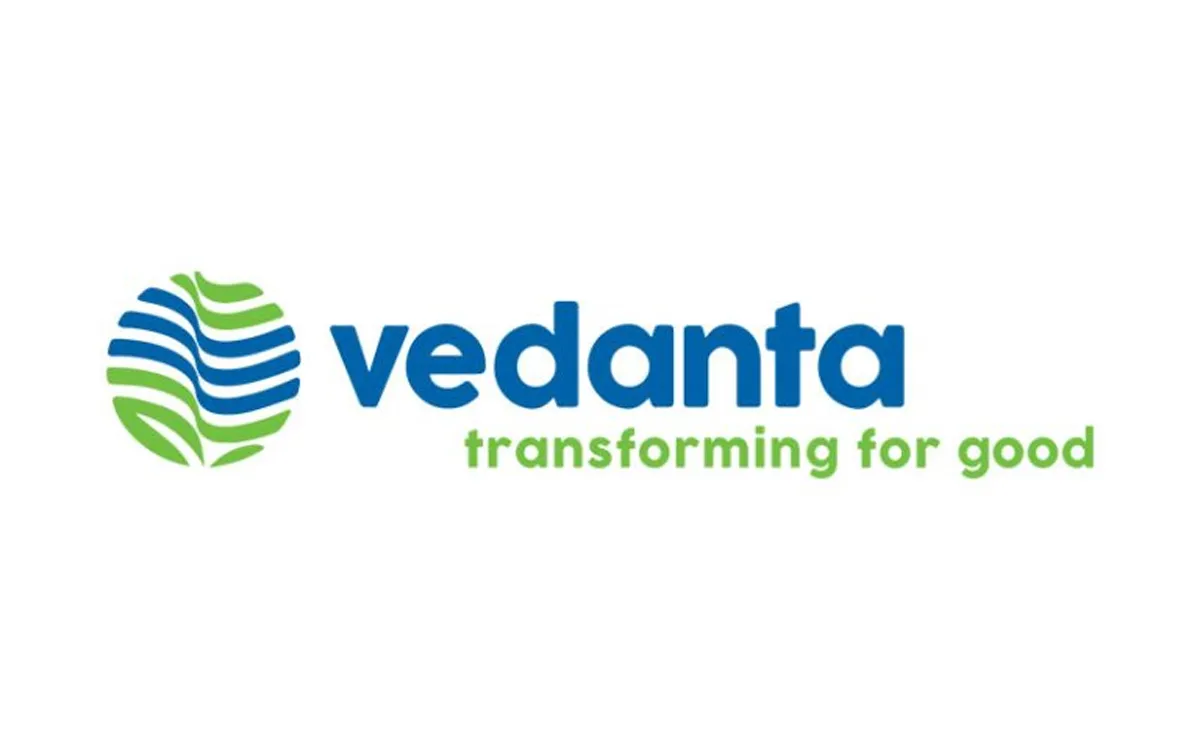- Harshavardhan Chitale, Vice Chairman and Managing Director, Philips Lighting India
Philips has been revolutionising lighting for over 125 years. The company has been among the pioneers in the world, changing development of electric light and LED, and is now leading the way in intelligent lighting systems. Minimising electricity costs for cities, its connected lighting systems bring about a fundamental transformation in public lighting management. Even more, the company's offering for workplaces can manage the lighting precisely with a combination of controls resulting in optimum light levels for performing tasks safely and effectively. Harshavardhan Chitale, Vice Chairman and Managing Director, Philips Lighting India, shares more on the company's offerings in conversation with SHRIYAL SETHUMADHAVAN.
Considering the government's Smart Cities initiative, what opportunities does Philips Lighting see?
Light has maximum impact on the lifeline of a city. Hence, it is great to see that in all smart city applications made by various cities, 95 per cent have mentioned smart lighting in some project or the other. Also, when we talk of smart lighting in cities, it is not just about streetlights. A city's needs include tourist attractions, stadiums, monuments, parks, tunnels, streets and government buildings. All have different lighting requirements to make the cities liveable, efficient and sustainable.
In terms of cost savings, how will smart lighting benefit cities?
Please tell us more about the Philips lamppost and its benefit to cities.
The lamppost is actually a demonstration of what an intelligent streetlight is about. The streetlight can be monitored remotely; it senses what is happening around and will dim when there is nobody around. This can be integrated at the backend with the city surveillance system as well. Let's say there is a fight happening somewhere or a high alert, the city surveillance system can feed a message into the street-lighting system, and it will suddenly increase the intensity of the light. So it's not only about saving, but safety too.
Tell us about the intelligent lights implemented in Pune.
Pune went through a process of identifying a partner for smart street-lighting for the entire city and then it evaluated Tata Projects and Philips Lighting as a team to implement it. It is moving at a fast pace and in the next few months, all the streetlights in Pune will be not just LED but smart LED lights, which can be remotely managed through smart systems. The estimate is 78,000 lights. But Pune is a growing city and the programme is for a period of 12 years. So, as the city grows, the requirement for the number of street lights will be upgraded.
We also see the use of smart lighting in workplaces today. Tell us how Indian workplaces can benefit from Philips Lighting.
We have seen the benefits of smart lighting taking light beyond illumination - it gives light and enhances productivity. For instance, if you walk into your office and smart lighting ensures the same level of lighting all the time, your productivity is highest. Take the case of an IT worker who is billing Rs 30 lakh a year, about $30 or $40 an hour, which is the average billing for an IT employee. If the appropriate lighting is implemented, a 1 per cent increase in his or her productivity will drive Rs 30,000 more revenue, in addition to the energy savings that will be generated by converting to LED. So, that is the value proposition when I say it goes beyond illumination. We do not just talk about lighting in terms of energy-efficiency but worker productivity. In hospitals, for instance, we have a lighting solution called HealWell; our research shows that it helps faster recovery in patients in post-operative care. Here, the ability to help you heal faster will be the bigger benefit.
So a lot of R&D - including the technology that I mentioned û is actually happening in India out of our R&D centre in Bengaluru.
What emphasis does the company place on R&D?
Our tagline is æInnovation and You'. Philips Lighting owns close to 14,000 patents in lighting technology alone. We spend close to 5 per cent of our annual turnover on R&D. So, we are an R&D and innovation-focused company and not marketing and distribution-driven. Last year, in India alone, we introduced 300 products; this year, too, we will introduce about 300 new products. That's what drives our adoption of technologies such as LED in the local market.
So, we are not just talking about revenue saving but productivity enhancement as well...
Today, people do not just buy because of the energy-efficiency benefit but based on ways in which the product enhances life and offers added value. Hence, 75-80 per cent of offices are buying LEDs not just because they are energy-efficient but because they are brighter, healthier, flicker less, and are better for the eyes.
Speaking of the smart workplace, at what stage of the project does the company get involved?
We get involved at the design stage itself and work with the architects. For example, for a 6,000 sq ft office space in India, a leading organisation was able to optimise the space with intelligent lights, as lights can also help identify who is sitting where. In flexible offices, by doing that, you know at any given time the number of people sitting, and where they are sitting. The saving, in fact, is many times the cost of the light itself. So, we get involved at an early stage with the architects and specifiers, not at the end.
To share your views on this interview, write in at feedback@ConstructionWorld.in




















